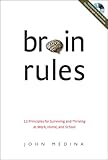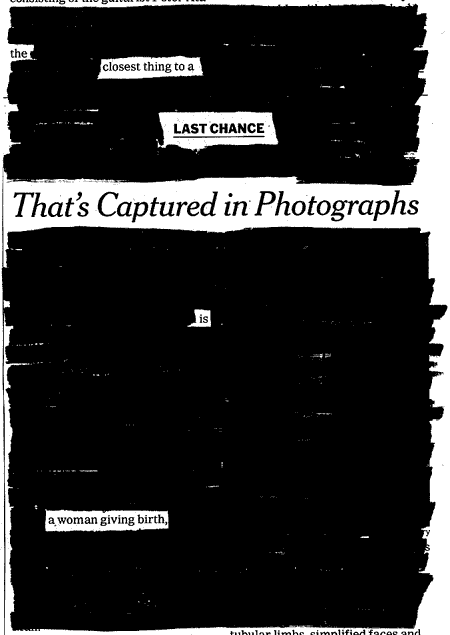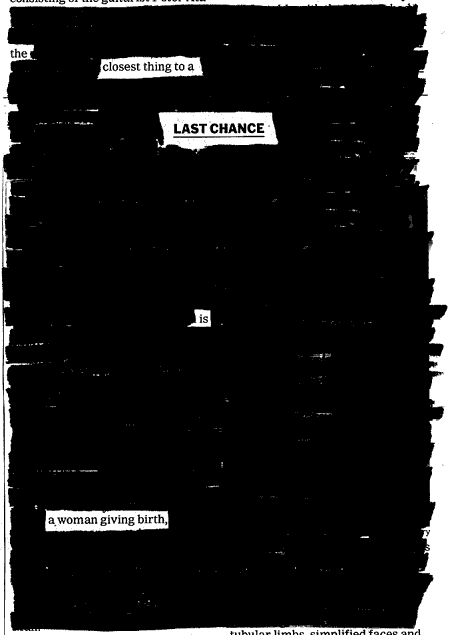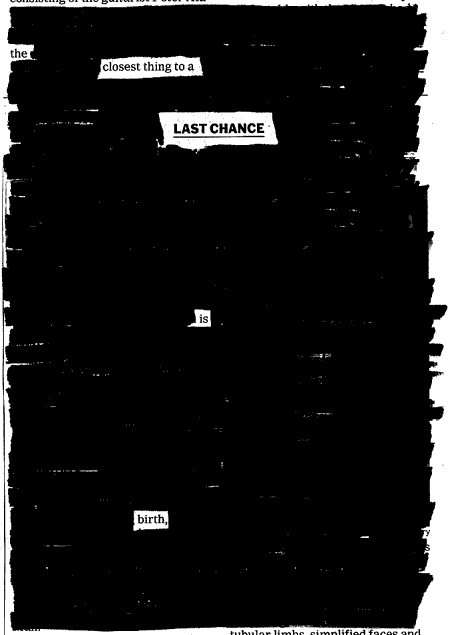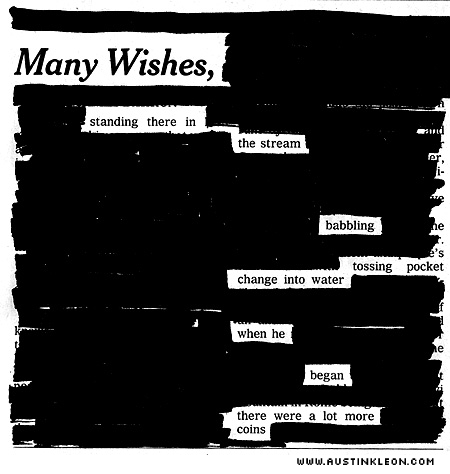Inspired by the 4th and my recent reading of Don Quixote, I wrote yesterday’s newsletter, “In Search of America,” about John Steinbeck’s Travels With Charley:
The setup: in 1960, Steinbeck was 58, in ill-health, wealthy, and famous. He’d been living overseas for a while and felt like he was out of touch with America. He was also staring down the barrel of impending old age, and didn’t want to feel like some old geezer sitting around the house. He wanted to move, and he starts the book out with this urge, his wanderlust, echoing Ishmael in Moby-Dick: “Whenever I find myself growing grim about the mouth; whenever it is a damp, drizzly November in my soul… I account it high time to get to sea as soon as I can.”
[…]
So he had a camper truck made and named it “Rocinante,” after Don Quixote’s horse. (“I was advised that the name Rocinante painted on the side of my truck in sixteenth-century Spanish script would cause curiosity and inquiry in some places. I do not know how many people recognized the name, but surely no one ever asked about it.”)
Also: The summer 20% off sale is still happening!



